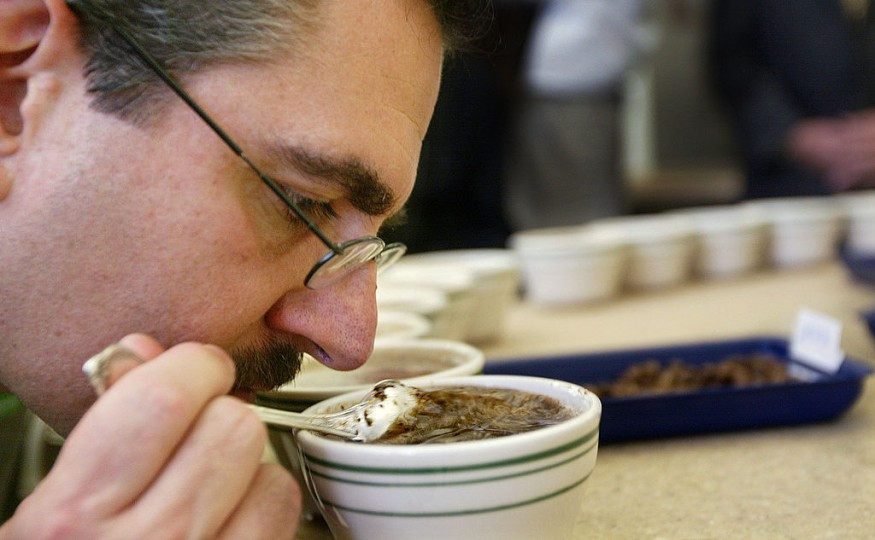For the majority of the year, the whole world has been fighting COVID-19. Over time, we have learned so many things about the virus and how we can deal with it properly.
Protocols have been set in place, and studies being conducted to find a possible cure. In addition, different ways to diagnose early have been discovered.
Aside from the confirmatory swab test being conducted, health experts also informed the public of the signs and symptoms of the disease to catch it early on.
Coffee as a diagnostic tool
According to Mayo Clinic, COVID-19 may have some similarities to the common flu, but there are tell-tale signs to differentiate the two.
According to the CDC, infected individuals have had a wide range of symptoms reported, ranging from mild symptoms to severe.
These symptoms may start to manifest 2 to14 days after exposure to the virus. Symptoms may include fever or chills, dry cough, difficulty breathing, fatigue, headache, body ache, nausea, vomiting, diarrhea, and loss of taste and smell.
In relation to the loss of smell, many people have come up with their own way of undergoing self-checks while at home.
Surprisingly, reports from Daily Coffee News revealed that coffee is now being held up worldwide as an at-home diagnostic tool to curb the ongoing COVID-19 pandemic.

Loss of smell, known as anosmia, has been seen in about 50% to as much as 80% of people testing positive for the virus.
This is why coffee is used as the barometer for a kind of sniff-test for COVID-19. Aside from its distinct smell, it is also readily available in homes throughout the world.
James Schwob, Tufts University School of Medicine Professor, said that one of the things that can be done quickly and objectively by someone at home would be to take some ground coffee and see how far away they can hold it and still smell it.
In addition, he also said that people could do the same with rubbing alcohol or your shampoo.
If it turns out that your nose is not congested, but you have difficulty recognizing those or other scents familiar to you, it is best to call your doctor about getting a confirmatory test.
Director of the Smell and Taste Center for University of Pennsylvania School of Medicine, Richard Doty, shared the same thought about the taste of the coffee.
If you observed that at some point, coffee has no taste or that chocolate seems to no longer have any flavor other than bitterness or sweetness, that could indicate the loss of smell and taste due to the virus.
Currently, researchers are starting to apply these methods on a more meticulous scale, using coffee in olfactory test strips. In addition, a recent article in the British medical journal encourages medical practitioners to use coffee as a diagnostic tool.
To keep the campus safe during in-person classes, the Penn State University College of Agricultural Sciences has set up a "Daily Smell Check" tool that requires students to take a sniff test using coffee every day.
Related article: Is Your Diet Damaging Your Sleep Quality? Here are the Foods to Avoid
© copyright 2024 Food World News, a property of HNGN Inc. All rights reserved. Use of this website constitutes acceptance of our terms and conditions of use and privacy policy.









